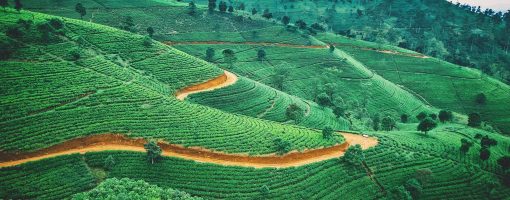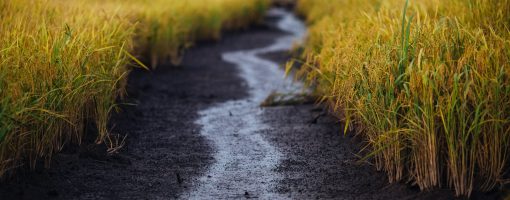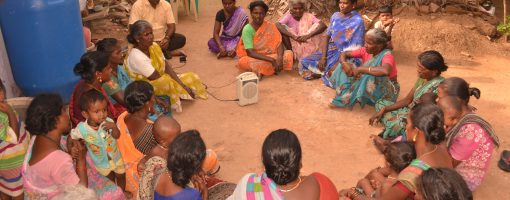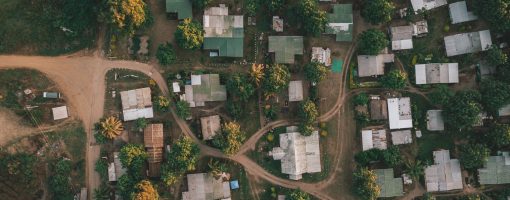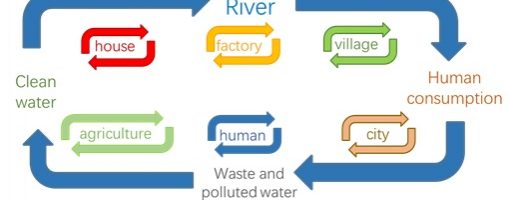
Air quality · Atmospheric chemistry · Climate change · Human health
Atmospheric chemistry research in Monsoon Asia and Oceania: Current status and future prospects
Tanimoto, H., Oanh, N., Naja, M., Lung, S., Latif, M., Yu, L., . . . Melamed, M. (2020). Atmospheric chemistry research in Monsoon Asia and Oceania: Current status and future prospects. APN Science Bulletin, 10(1). doi:10.30852/sb.2020.1246
